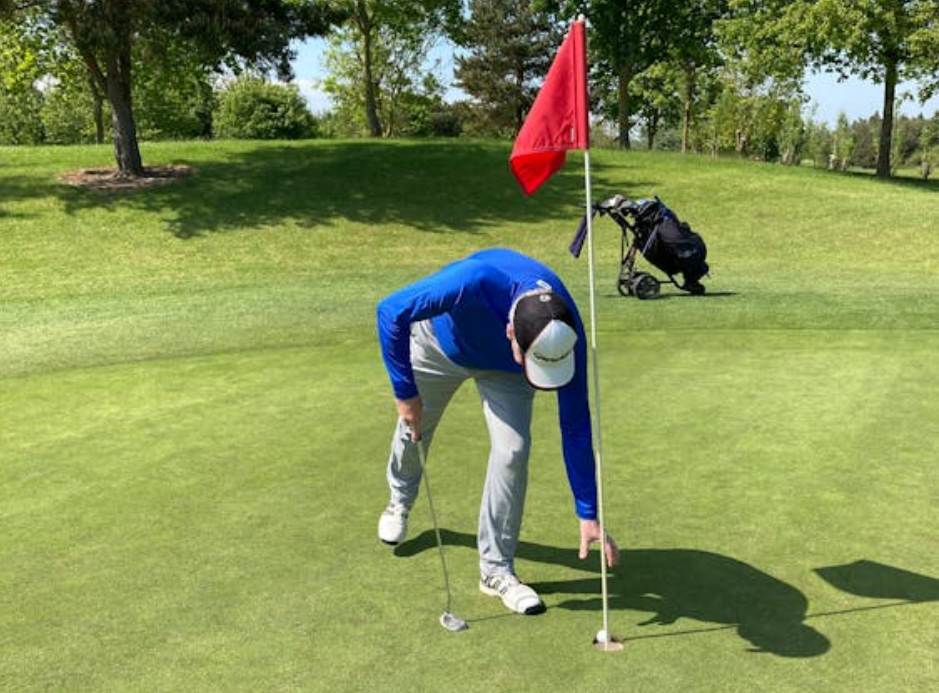The Hidden Secrets Amateurs Can Learn From The Masters
- BE Golf

- Apr 10, 2025
- 2 min read

The Masters tournament at Augusta National Golf Club is not only a showcase of the world’s best golfers but also a rich source of inspiration and learning for amateur players.
Observing the professionals navigate this prestigious event offers valuable insights that can be applied to enhance your own game. Here are some key takeaways:
1. Embrace Mental Resilience
Rory McIlroy’s journey at the Masters highlights the importance of psychological fortitude. Despite previous setbacks, McIlroy continues to pursue the coveted green jacket, emphasizing the need to overcome past failures and maintain focus. This resilience is crucial for amateurs facing challenges on the course.
2. Prioritize Equipment Familiarity
Scottish golfer Robert MacIntyre’s reliance on a decade-old Taylormade Aeroburner 3-wood underscores the value of trusting familiar equipment. For amateurs, this suggests that comfort and confidence in your clubs can outweigh the allure of the latest technology.
3. Develop a Consistent Practice Routine
The introduction of the “Practice Range Tracker” at the Masters reveals that professionals, on average, hit around 86 balls per practice session. This structured approach to practice emphasizes quality over quantity, encouraging amateurs to adopt deliberate and focused training sessions.
4. Seek Guidance and Mentorship
Josele Ballester’s collaboration with seasoned golfers like Sergio García and mentorship from García’s father illustrates the benefits of seeking advice from experienced players. Amateurs can accelerate their development by learning from those with more experience.
5. Master Course Management
Jack Nicklaus’s strategic approach to course management, emphasizing planning each shot to set up the next, showcases the importance of thinking ahead. Amateurs should focus on positioning and strategy rather than solely on distance.
6. Balance Technical Skills with Mental Preparation
Bryson DeChambeau’s focus on optimizing equipment and managing nerves highlights the dual importance of technical proficiency and mental readiness. Amateurs should allocate time to both aspects to enhance overall performance.
By incorporating these lessons from Masters participants into your own approach, you can develop a more resilient, strategic, and well-rounded game.



Comments